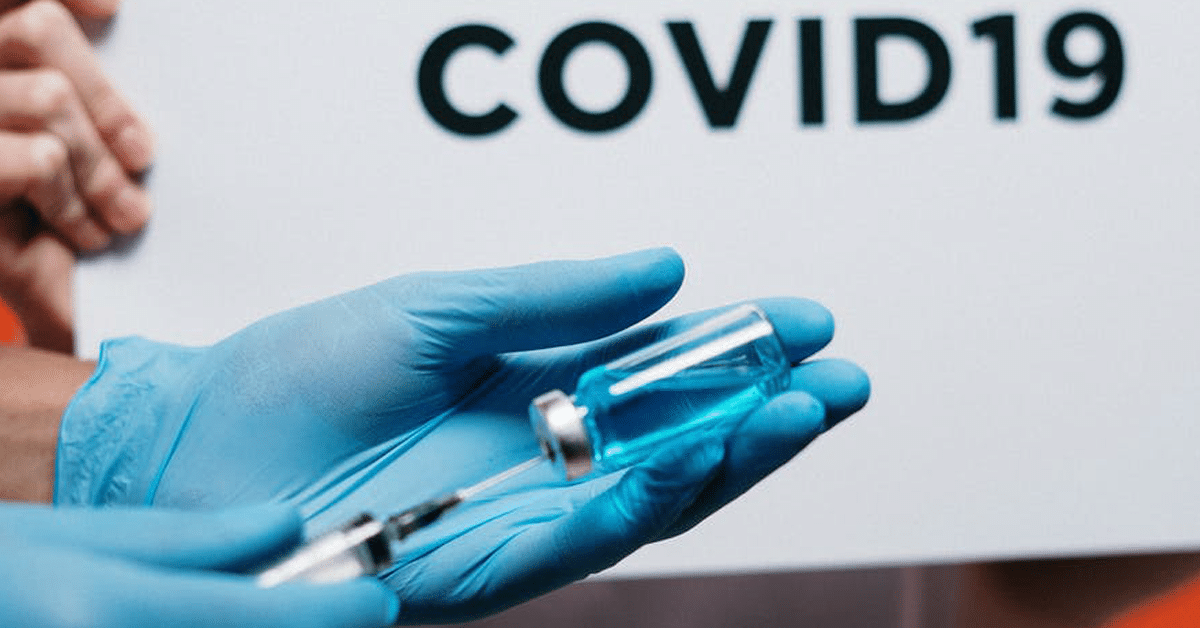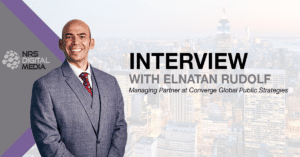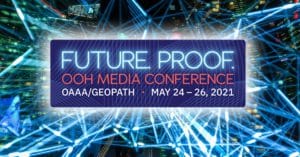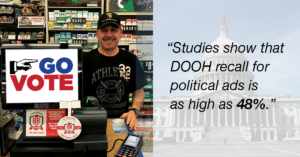2020 will be remembered as the year of the Covid-19 Pandemic. This once in a century epidemic left a global trail of death, illness, personal and work-related change and generally affected all aspects of life as we previously knew it.
As the health care community came to grips with what they were facing from a public health perspective, terms such as ‘shut down’, ‘work from home’ and ‘essential worker’ entered our everyday vernacular.
Issues around employment, workplace health and safety, schooling and child care were beginning to be major issues in the lives of everyday Americans.
By late 2020 it had become clear that help in the form of vaccinations was on the way. Several manufacturers were working feverishly to bring to market safe vaccinations for billions, worldwide. By January 2021, the first vaccinations were being administered, the first steps in bringing this global nightmare to an end.
Despite these best efforts, approximately 70% of Americans have received at least one dose of the vaccination. This means then that approximately 30% of Americans are either unsure, undecided or refuse to get the vaccine.
Only 40% of Black and Hispanic Americans say they are confident they have enough information to guide their decision about getting a COVID-19 vaccination, compared with 60% in the overall population. According to new research fielded by the Ad Council in mid-February, about three-quarters of consumers who are vaccine hesitant say they want information to address their questions about the vaccines, even if vaccines are not yet available to them.
A major challenge has been to get information to the general public and more specifically to the vaccine adverse populations. Whether driven by distrust, lack of good information or disinformation, the data shows the need for a tailored effort to reach the communities of color that have been disproportionately affected by COVID-19 and where there is considerable distrust in the government and medical community and high hesitancy toward the vaccines.
Groups such as the Center for Disease Control, State Governments and many private groups have created messaging around informing populations as to the safety and importance of being fully vaccinated. “Public education is a critical component of our response to the COVID-19 pandemic—it is a shared effort to empower people to protect themselves, especially those in disproportionately burdened populations,” said CDC Director Rochelle P. Walensky, MD, MPH.
National Retail Solutions has played a pivotal role in disseminating this information. Working with many groups who have been tasked with getting targeted messaging to the general community and specific ethnic and income groups, NRS has delivered millions of advertising impressions to educate the community at large. Recognizing our ability to reach Urban communities of color, in particular Hispanic, advertisers have entrusted their critical messaging with NRS.
NRS’s digital out of home screen solutions provide the messaging flexibility that is necessary to manage dynamic communication. Along with NRS’s national footprint of 12,000+ independently owned retail venues generating over 50-million-month sales transactions and highly targeted and affordable customized programs, stakeholders have relied on NRS to be an important part of this messaging.




